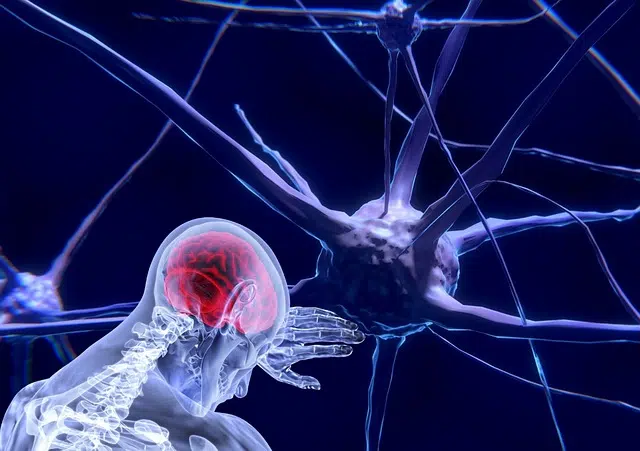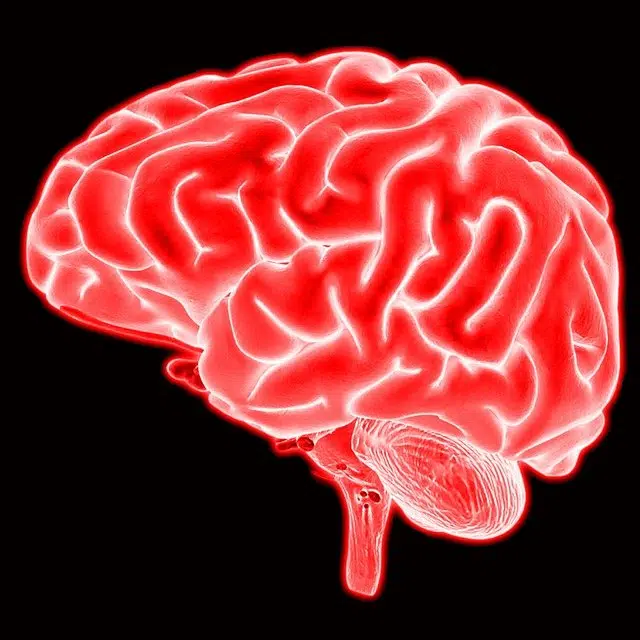
Neuroscience studies the nervous system in a comprehensive way.
Neuroscience is the scientific specialty that is dedicated to the comprehensive study of the nervous system , taking into account its functions, structure and other aspects. In this way it helps to explain various characteristics of behavior and cognitive processes through biology.
The brain is the most important organ of the nervous system. That is why neuroscience studies it on multiple levels, analyzing molecules and cells . In this framework, neurons , which are the cells in charge of transmitting nerve impulses through the synapses , acquire special relevance.
Object of study of neuroscience
The questions that interest neuroscience are multiple. From perception to learning , through consciousness , memory and sleep , there are many topics that neuroscientists consider based on brain activity.
It can be said, in short, that neuroscience focuses on the brain and how this organ affects thinking and behavior. It also carries out research on the functioning of the nervous system when there are psychiatric diseases or neurological disorders, for example. Its general objective is to understand how the mind works.

The brain is studied by neuroscience experts.
The neural basis of consciousness
With respect to consciousness, for example, neuroscience tries to understand the neural basis of everything that this concept represents, such as attention , alertness, wakefulness, excitement and cognition, without leaving aside sensations and the subjective experience. Within this framework is the difficult problem of consciousness , the name given to the constant research that seeks to explain all of the above and our ability to transform and relate experiences.
Neuroscience is also interested in brain functions such as the transfer of sensory information for its subsequent transformation into coherent information, as well as the rules that govern these processes, the structure of the senses and the link we create between the physical world and our subjective experience.
Neuroscience, learning and memory
Learning and memory, two of the topics mentioned above, are crucial for neuroscience, since without them there would be no possibility of studying. Questions such as the location in which memories are stored, the mechanisms that the brain has to search for them and bring them to consciousness, the difference between what is explicit and what is implicit, are points of great relevance for scientists in this field. All this without leaving aside a constant study that seeks to improve learning techniques.
Another problem that neuroscience has not yet been able to solve is the so-called neuronal plasticity , the property that arises naturally when neurons are put into operation to communicate with others. This concept is also known as synaptic plasticity , neuroplasticity or neuronal plasticity and plays a fundamental role in modulating the perception of external stimuli, both input and output.
Analysis of cognition
Cognition is the ability that living beings have to process information based on perception, experience and the subjective traits that help us evaluate it. Neuroscience is concerned with studying this faculty, as well as the decisions we make using it, with a special focus on the evaluation processes carried out by the brain to estimate the potential results of our actions and their balance with the effort required. .
Although in its origins it was considered a specialization of biology , it is currently taken as an interdisciplinary science that maintains links with medicine , psychology , chemistry and other branches of knowledge.
There are those who even talk about neurosciences (in plural). It is possible to recognize areas or disciplines such as clinical neuroscience , cellular neuroscience , molecular neuroscience , cognitive neuroscience , neurophysiology and neurolinguistics , among others.
